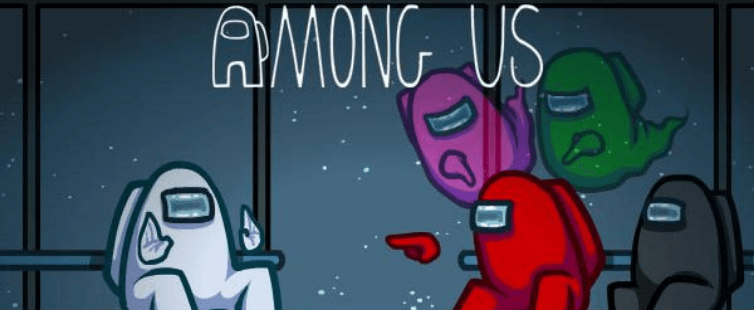Catering to the Community

The sudden rise of “Among Us” is only the most recent example of the speed at which the licensing community needs to react to a sudden pop culture phenomenon.
The mobile game’s surge last summer – 42 million downloads between Aug. 1 and Sept. 14, accounting for 70% of its total since it launched in 2018 — was largely fueled by social media, including a sudden popularity among gaming streamers on Twitch; AOC (Rep. Alexandria Ocasio-Cortez) even used a Twitch session for a “get out the vote” event. By October, game developer InnerSloth had hired Dual Wield Studio to handle licensing.
Ready-made audience
“Among Us” is just latest case of a community-based game – it’s a spaceship-themed murder mystery title – with a ready-made fan base of millions of players who constitute a platform for licensed products. Minecraft has been following that path for many years and remains popular for consumer products despite its founder Markus “Notch” Persson’s initial disdain for licensing — a stance that changed greatly after the game’s developer Mojang was acquired by Microsoft. Roblox, an online game platform that lets users (164 million of them) create their own games and play others, ventured into licensing in 2017, 11 years after it was launched. And most recently, “Animal Crossing: New Horizons,” which Nintendo released during coronavirus lockdown last spring, and had a licensing program shortly thereafter.
Balancing risk
“We have been chasing them (community-drive games) for years but you have to balance it in terms of risk because [you don’t know] which one is going to stick,” says Dean Allen of Mad Engine, a Minecraft licensee. “If you sign an agreement too early, you leave yourself with a huge liability and if you don’t get involved early enough, that’s a missed opportunity. These types of opportunities are occurring at an ever-faster pace.”
To navigate the market, licensees are relying not only on social media, but also on data that even the smallest of developers accumulate through users’ in-game purchases.
“We instantly know the 20 most popular characters, hats and apparel that users are buying so that when you are producing items you have a good sense of what is in demand,” says Darran Garnham, CEO of the newly formed toy company Toikido, an Among Us licensee for collectibles, plush and action figures that are expected to ship by June. “You can lean into this data as opposed to a movie franchise, where you might not really know who the breakout character is going to be.”
As part of its sudden desire to create a licensing program, InnerSloth has been faced with cleaning up a marketplace of fan-created goods. In addition to selling some of its own self-sourced merchandise, the company also hosted an artist alley, through which artists have been selling their own creations based on the game. Dual Wield’s Rowan Rowden says the company is offering to buy those products at wholesale, and grant them licenses.
“The only way to make this work is to lean into this community so you are kind of sharing the creative aspect and incentivize people rather than punish them,” says Rowden.
Licensing agents have been signed for Latin America and South Korea. The top markets for the game are Brazil, the U.S., Indonesia, India and Mexico.




